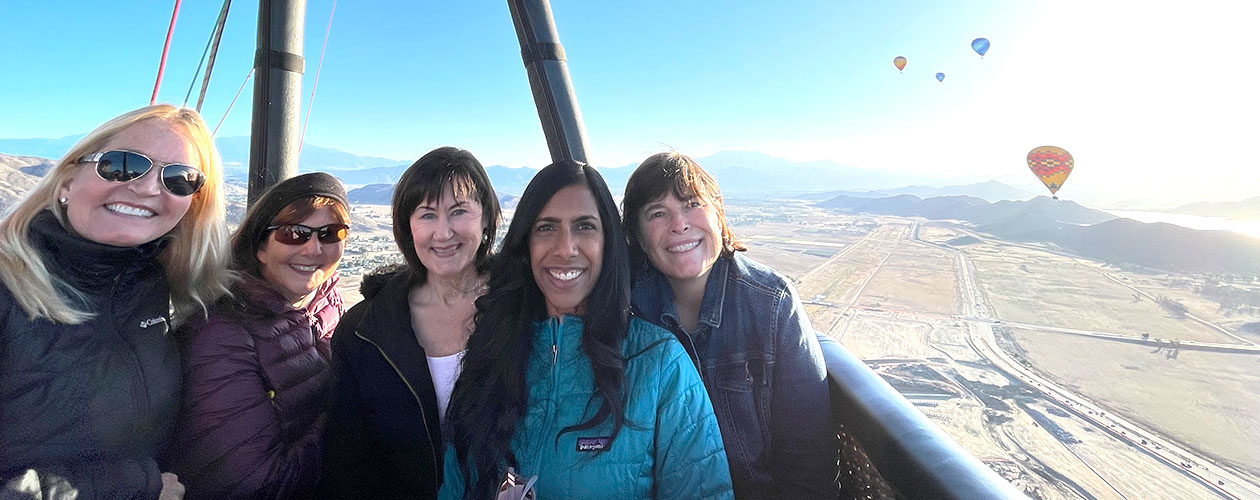In a few weeks, I have the honor of serving on a panel at the inaugural (Doing) Business For Good Summit to help small business owners think about how they tell their stories.
It got me thinking about the importance of stories in general and how they shape so much of our lives. From the stories we tell ourselves about ourselves and others (some that need to be wrestled to the ground!) to the stories we share about what matters to us most, stories have power. It’s why there’s a $25B+ industry centered around just one form of storytelling – the movies.
The Science Behind Storytelling
There’s science behind this:
- Stories synchronize activity between the listener and teller
- Compared to lists of facts or charts, stories light up different parts of the brain that are associated with attitudes and behaviors.
- Facts are more than 20x more likely to be remembered if told as part of a story
- Stories leave a physical and emotional trace in the brain
There are two key factors for storytelling to be effective: 1) The stories must grab our attention and then keep it there, and; 2) The stories must allow us to enter into a character’s world.
It’s no wonder more and more businesses are looking to storytelling as a way to share what they’re up to. More on this later.
Storytelling > Advice Giving
Stories also happen to be one of the most effective ways to give advice, or more accurately, NOT give advice. Instead of responding to a friend or colleague’s issue with, “You should try __________,” recalling an experience about a similar situation and how you handled it is a powerful way to connect and help.
I’m part of a women’s executive peer group, Forum, that engages in “experience sharing” rather than advice-giving. In the months when I have brought an issue to the group, each and every story recounted by the other members has given me ideas about how to handle the issue. It’s like collecting a treasure of wisdom, one valuable nugget at a time. Another benefit is I feel less alone because it’s clear everyone else in the group has gone through something similar. Even if the situation isn’t exactly the same, they can relate to the feelings ranging from fear and dread to elation and celebration.
In the meetings where I get to share a story, I feel more connected to the group because I have the opportunity to be vulnerable and open up. And, since there is no advice given, no one feels bad about advice not taken!
I can attest first-hand to the advantages storytelling brings to problem-solving, both on the receiving and giving ends.
In Part 2 of this series on the Power of Stories, I’ll share my thoughts on what stories your business should be telling. Until then, give experience sharing a try next time someone comes to you with a problem, and let me know how it goes!
Sources:
Photo: My fellow Forum group members and I enjoying a hot air balloon ride during an annual retreat.

